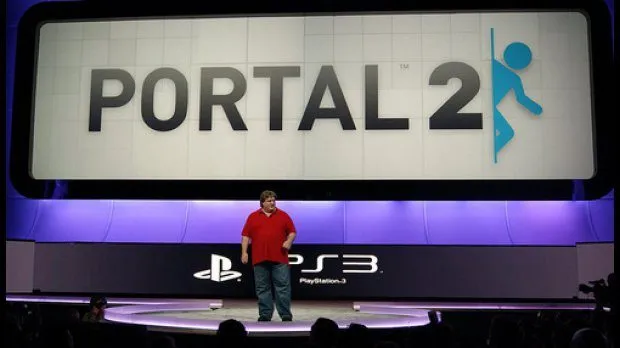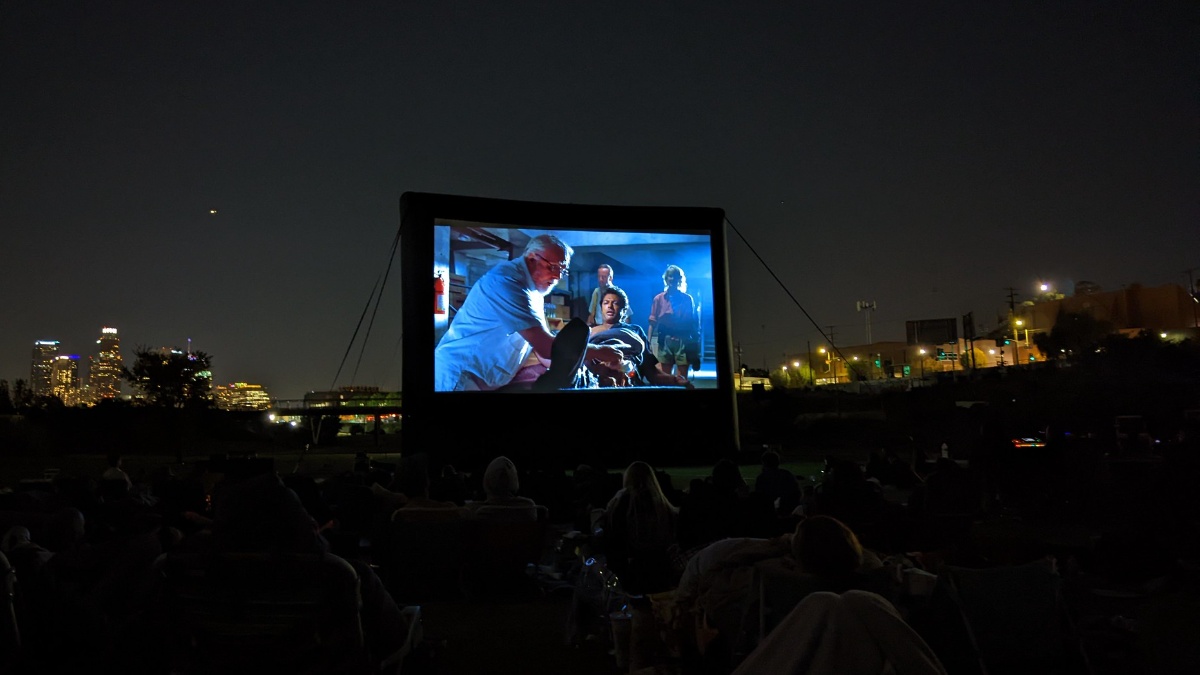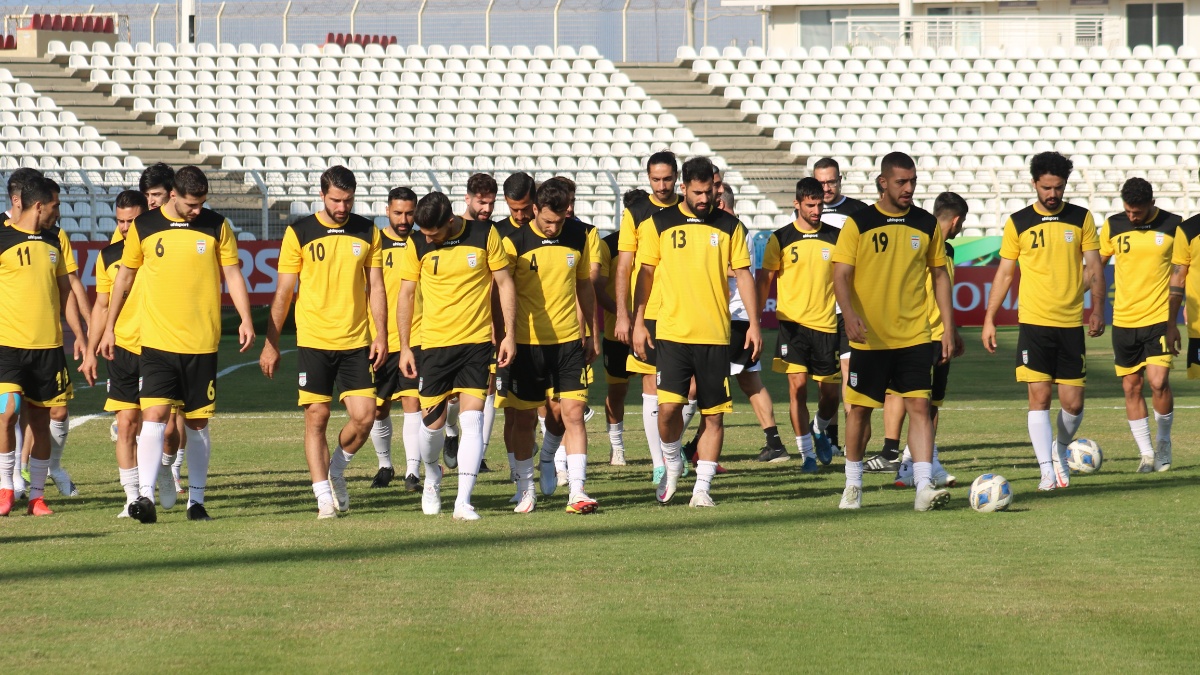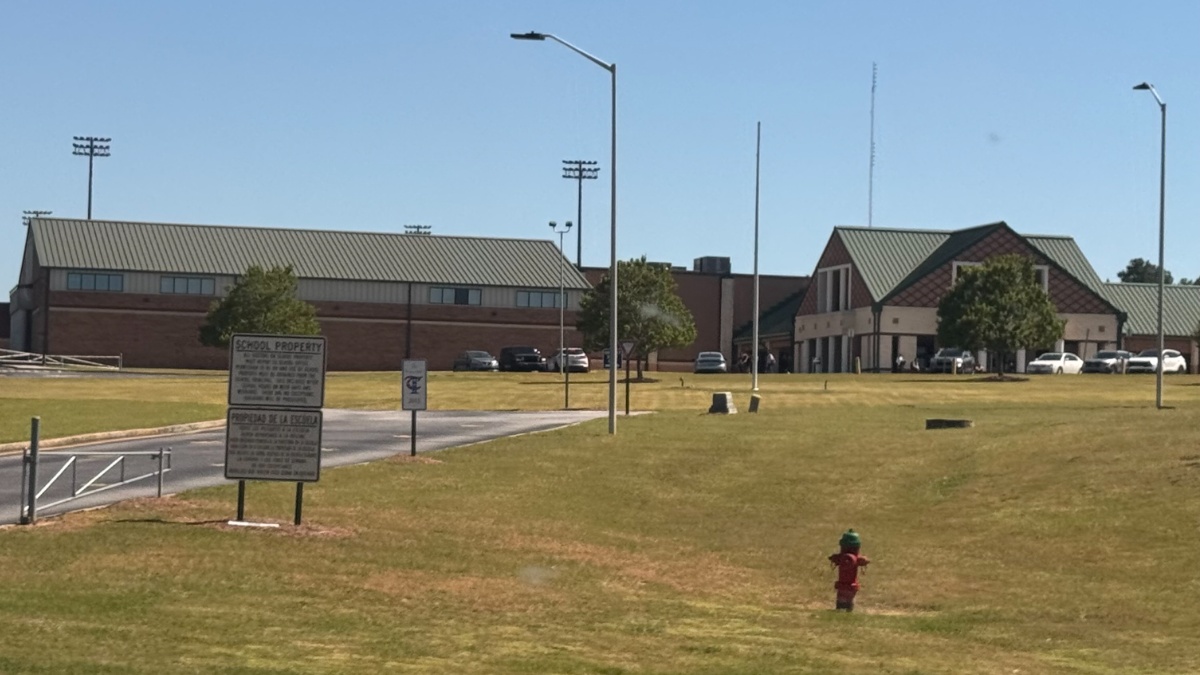Valve president Gabe Newell recently spoke at the Games for Change Festival in New York and vigorously proclaimed to those in attendance that video games can in fact be used and successfully applied as educational tools. Newell explained to audience members that the gap that exists between “education games” and other, more popular games results from developers accepting that fact as an inevitability: “There seems to be this distinction between games that are educational, and games that are going to be commercially successful. I’m not really sure I buy into that.”
Much of Newell’s keynote speech involved the citing of Valve’s Portal 2 as proof that games can be acclaimed critically while enhancing the problem-solving and analytical skills of the players.
“The interesting thing about Portal 2 is it doesn’t sort of fit the traditional simplistic model of what a game is. It’s not a collection of weapons. It’s not a collection of monsters. It’s really about science. It’s about spatial reasoning, it’s about learning physics, it’s about problem solving. And often, during the course of the game, you’re going to be solving problems with somebody else. The social model inside of it is collaborative and not competitive.”
Personally, I am a big proponent of video games as a progressing entertainment medium, and I think Mr. Newell is dead on in his analysis of the gaming industry in it’s current state. Most of what we have been playing in recent memory can be divided into a small, limited number of categories and modern developers are often fearful of straying from that path. The gaming industry, perhaps more than any other, is one in which experimentation with different methods and forms of gameplay can be extremely dangerous financially as one misjudged production can prove to be fatal for a company.
One of the reasons the Portal series has become so popular and universally acclaimed stems from the game’s originality. There are so many aspects of Portal 2 for example, to praise. The writing, voice-over performances, creative gameplay and mechanics, a deep and intriguing story, and some of the best humor the gaming world has ever seen – all things to love. But one of the most overlooked factors of the game’s success is the refreshment gamers feel when playing it as you’re never required to shoot, stab, or beat something in order to progress.
It’s undoubtedly wishful thinking to believe that developers will actually heed Newell’s message. It’s unfortunate too, because the gaming industry could benefit heavily from the production of more games that require intellectual thinking rather than fast reflexes, from more cooperative gameplay as opposed to competitive challenges. Portal 2 has made over $165 million since release and if that’s any indication, Newell believes it is absolutely possible to build on that success: “We can do this. We can make educational, commercially successful games, which are gonna help us both on the game side and on the educational side.”











Published: Jun 23, 2011 07:00 pm